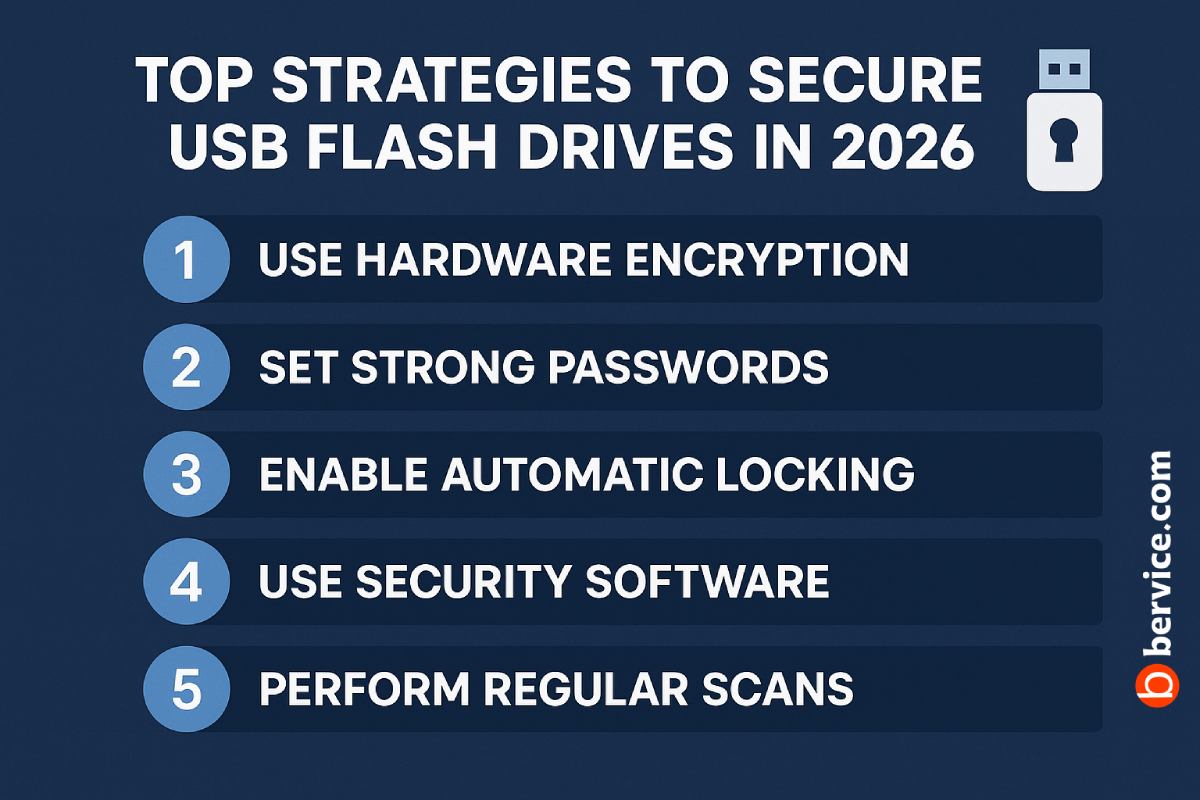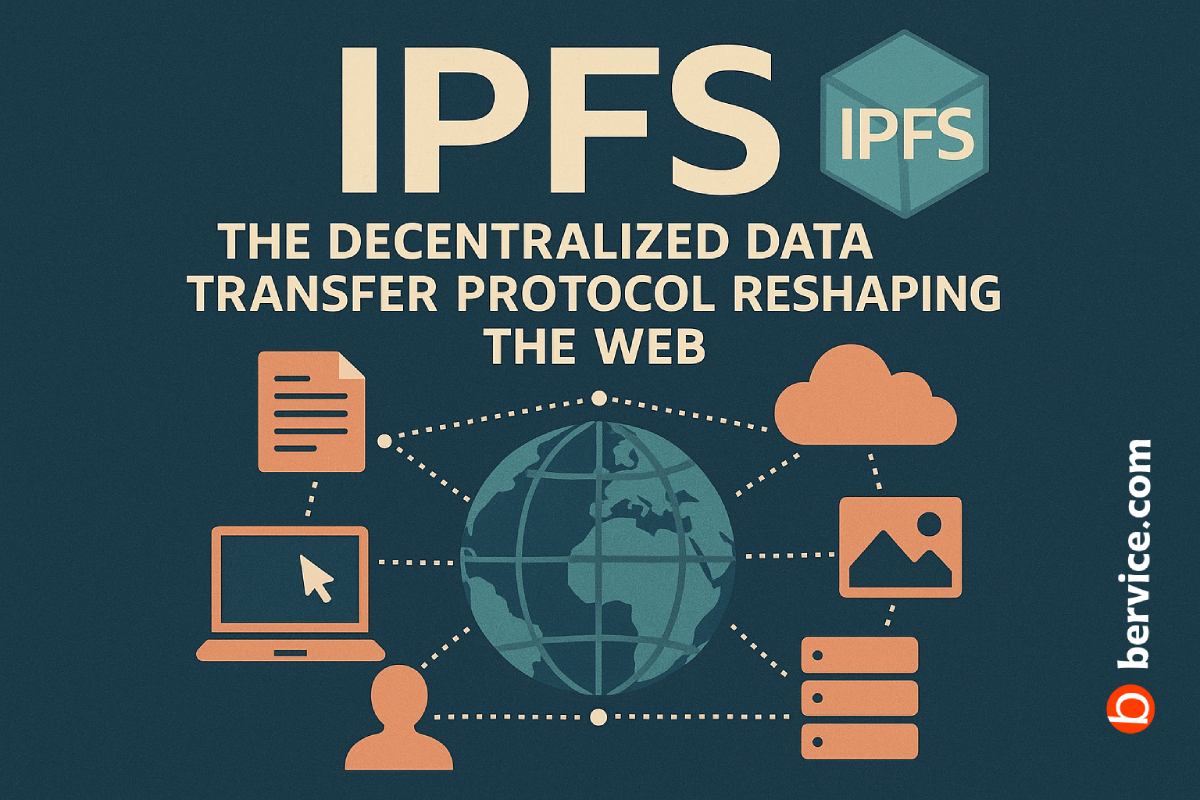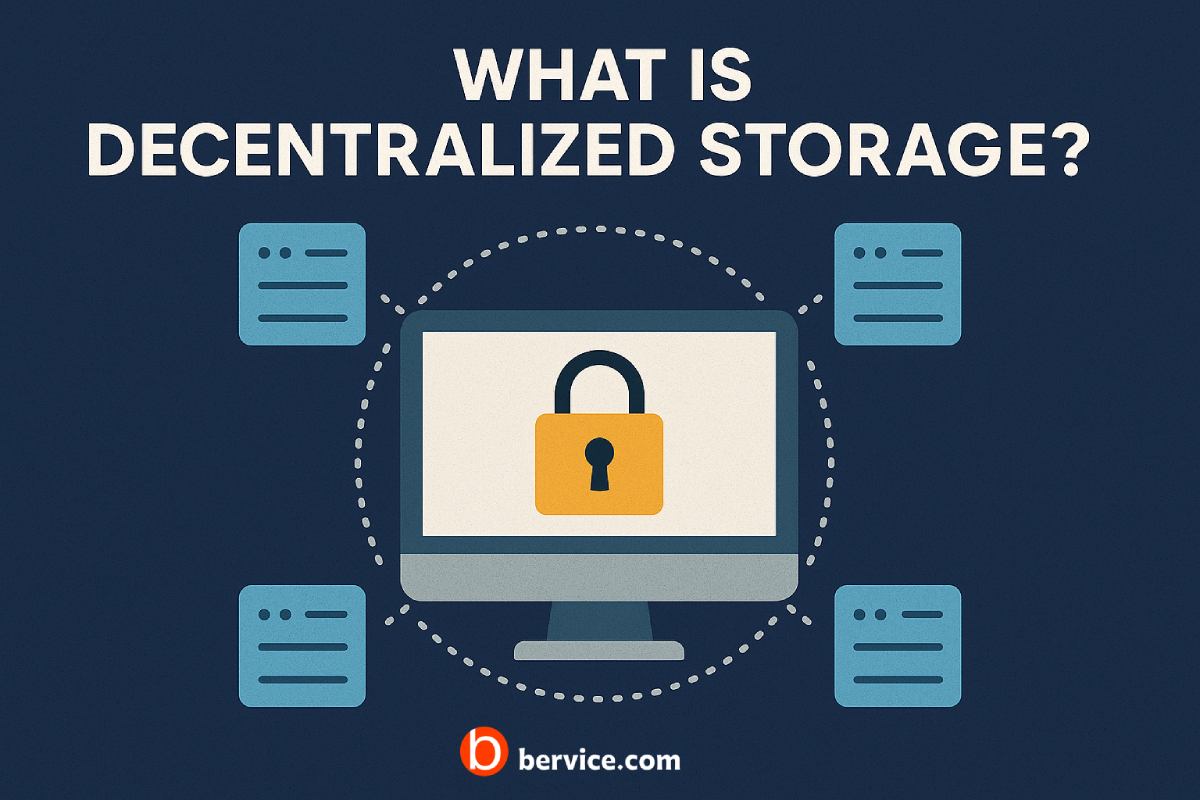-

Top Strategies to Secure USB Flash Drives in 2026
In an age where data privacy and cybersecurity threats are more prevalent than ever, securing USB flash drives has become essential. Despite the rise of cloud storage, flash drives remain a preferred tool for fast, portable data transfer. However, they are also highly vulnerable to loss, theft, and malware. As we step into 2026,…
-

Filecoin: The Future of Decentralized Storage
Filecoin is a decentralized storage network built on blockchain technology that aims to revolutionize the way data is stored, accessed, and exchanged across the internet. Developed by Protocol Labs, Filecoin leverages the InterPlanetary File System (IPFS), creating a robust, secure, and decentralized infrastructure for data storage. Unlike traditional cloud storage solutions operated by centralized…
-

IPFS: The Decentralized Data Transfer Protocol Reshaping the Web
Introduction to IPFS The InterPlanetary File System (IPFS) is a revolutionary peer-to-peer protocol designed to decentralize data storage and content delivery across the internet. Unlike the traditional HTTP protocol, where data is fetched from centralized servers, IPFS retrieves content based on its content hash from distributed nodes. This architecture enhances security, resilience, and speed…
-

Quantum Computing Technology: What is Shor’s Algorithm and What Are Its Powers and Threats?
Quantum computing is not just a theoretical leap in the world of computer science—it is a revolutionary shift that could redefine the boundaries of computational power. One of the most groundbreaking developments in this field is Shor’s Algorithm, a quantum algorithm developed by mathematician Peter Shor in 1994. While it remains a beacon of…
-

🔐 What Is Decentralized Storage?
Reimagining Data Sovereignty in the Web3 Era Introduction In today’s data-driven world, centralized cloud storage providers like Google Drive, Dropbox, and Amazon S3 dominate the landscape. While these services offer convenience, they come with critical trade-offs — single points of failure, data breaches, censorship risks, and limited user control. In contrast, decentralized storage offers…